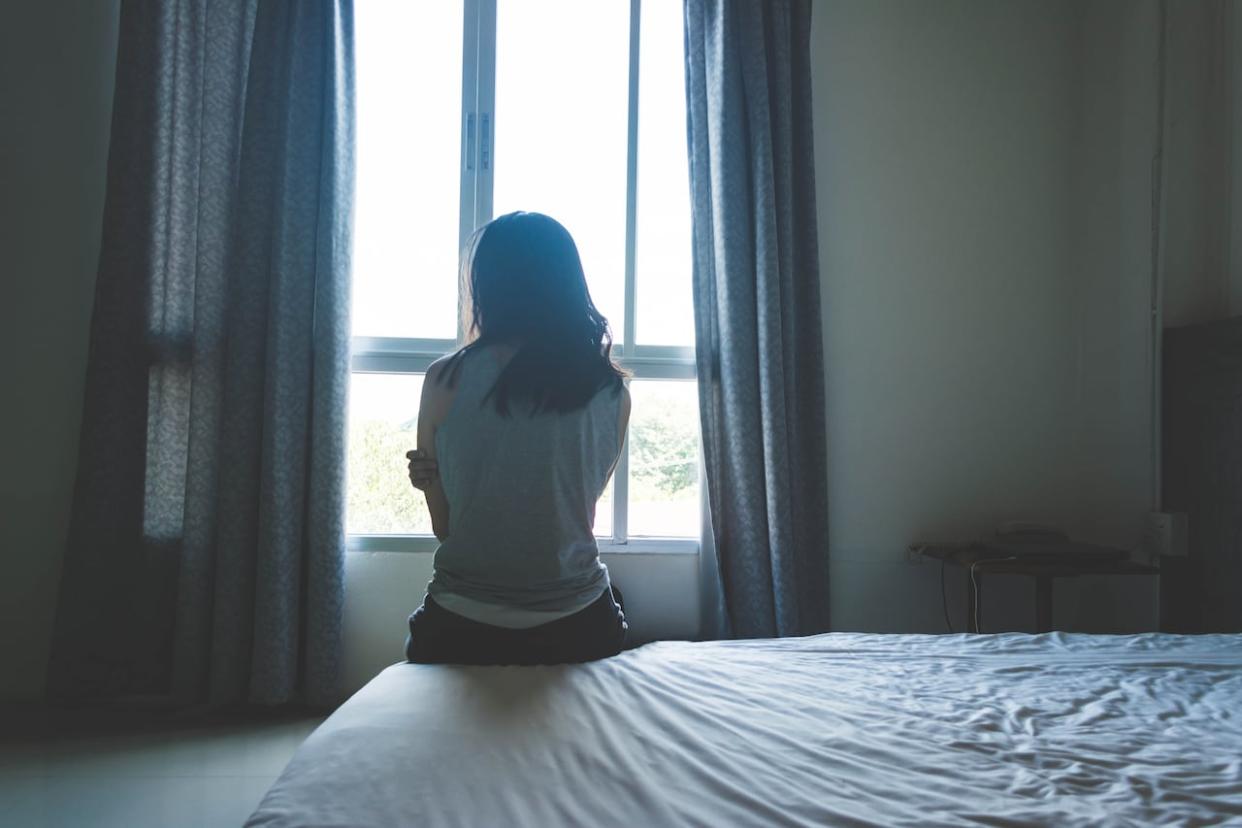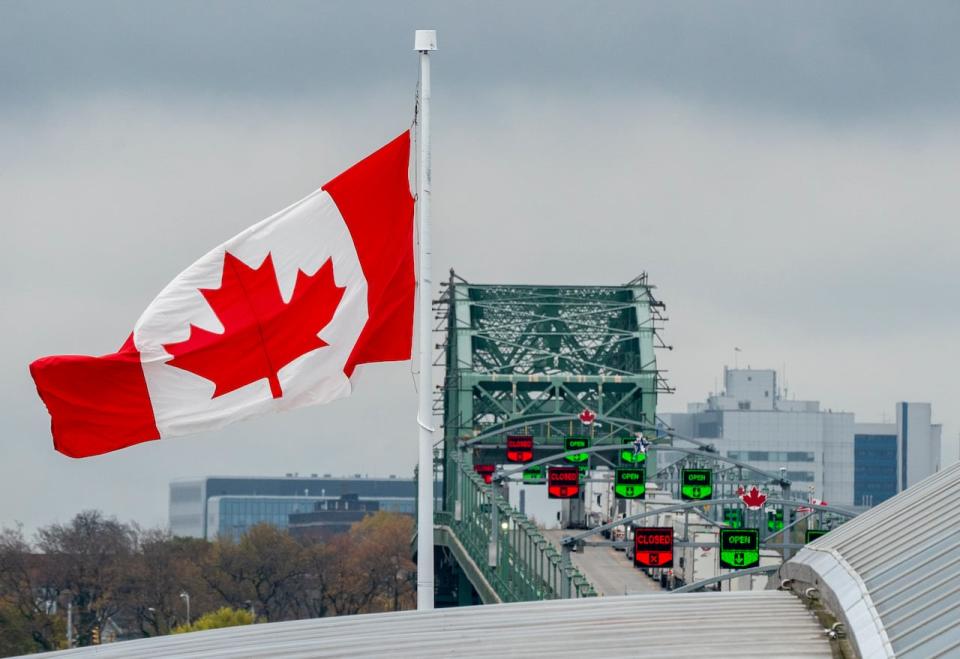12 Ontario men, 1 American arrested in Niagara for trafficking young people: police

Thirteen men have been arrested at a Niagara Falls hotel and charged in connection with human trafficking of young people, police say.
The suspects, who range in age from 20 to 60 years old, face charges related to child luring, obtaining sexual services and inviting sexual exploitation of a young person, say Niagara police.
The arrests took place between Jan. 31 and Feb. 3, and come after the Niagara Regional Police Service's human trafficking unit connected online with young people believed to be offering sexual services for money.
The men arrested are mostly from the Niagara Region. One man is from Windsor, Ont., and another is from Buffalo, N.Y., police say. Their names weren't published due to court-ordered publication bans.
"These arrests showcase the dedication of our members in ensuring some of the most vulnerable members of our community are protected, sending a strong message that the predatory behaviours associated with human trafficking will not be tolerated in Niagara," said police Chief Bill Fordy in a statement.
Niagara police say they were assisted by the Ontario Provincial Police's anti-trafficking intelligence joint force and border enforcement team, as well as the Canada Border Services Agency, U.S.'s Department of Homeland Security and the RCMP.
Under the criminal code, human trafficking is defined as recruiting, transferring, receiving, holding, concealing or harbouring a person and exercising control to exploit them.
Niagara an 'epicentre' for trafficking: YWCA
The YWCA Niagara Region describes Niagara as an "epicentre" for human trafficking for sexual, labour and domestic exploitation.
The branch works with local police, doctors and firefighters to recognize sexual exploitation, with survivors to provide them with resources and support and with the wider community to prevent trafficking.
The reason for its prevalence in the region is "layered," Kayla Mayer, the YWCA's director of programs, told CBC Hamilton.
But one major factor, she said, is that "transportation is not a problem" for traffickers.
The Niagara region borders the U.S. and is linked to the 401 corridor — a highway stretching between Windsor and the Quebec border and a common route for traffickers, said Mayer. People can also be trafficked through Port Colborne's waterways which connect to Lake Erie.

The Peace Bridge is one of the border crossing that link the Niagara Region with the U.S. (Frank Gunn/The Canadian Press)
Niagara's tourist area also has a plethora of hotels and motels where trafficking can stay hidden, said Mayer. There are also farms where vulnerable workers may be experiencing labour trafficking, which often happens in tandem with sex trafficking, she added.
Mayer described human trafficking as a "silent crime" as it's often difficult to investigate or lay charges. Investigators must rely a lot on testimony from survivors who may not want to pursue justice through the court system.
Many survivors choose not to report it at all, she said.
"There's a lot of trust that has been broken within our social and police systems," Mayer said.
Police in Niagara said this week they used intelligence gathering and a "victim-centred approach" when conducting investigations related to the recent charges.
Police arresting 13 people is rare and will help to slowly rebuild trust with survivors, Mayer said.
If you or someone you know may be a victim of human trafficking, you can call Canada's national human trafficking hotline at 1-833-900-1010.


